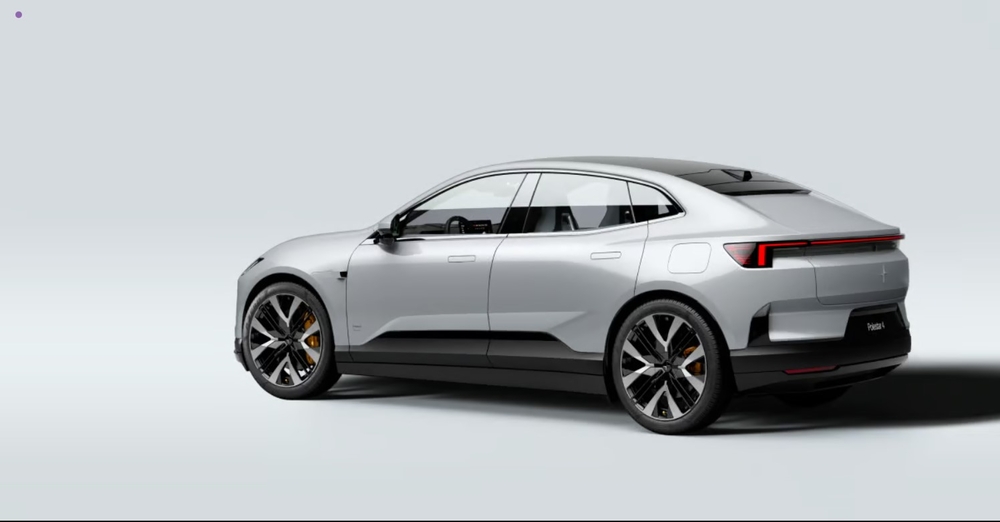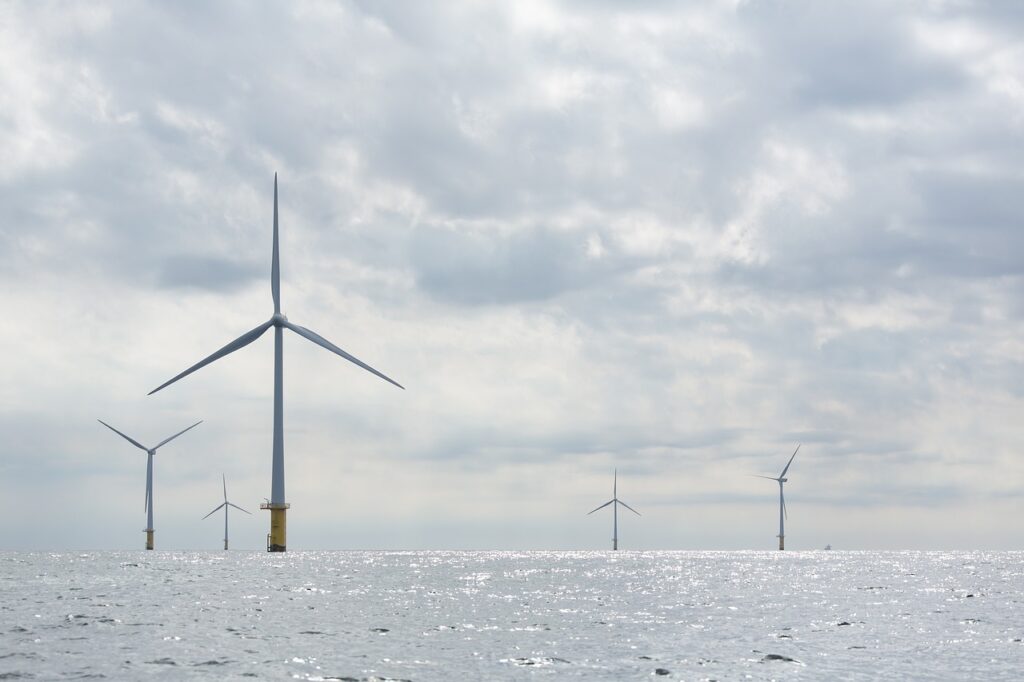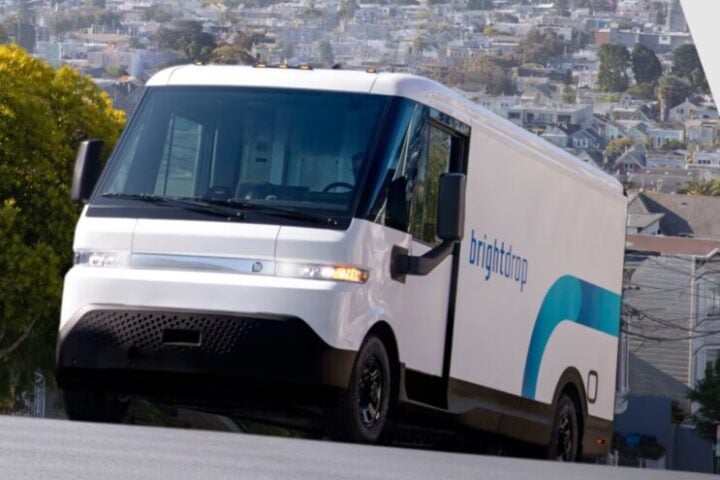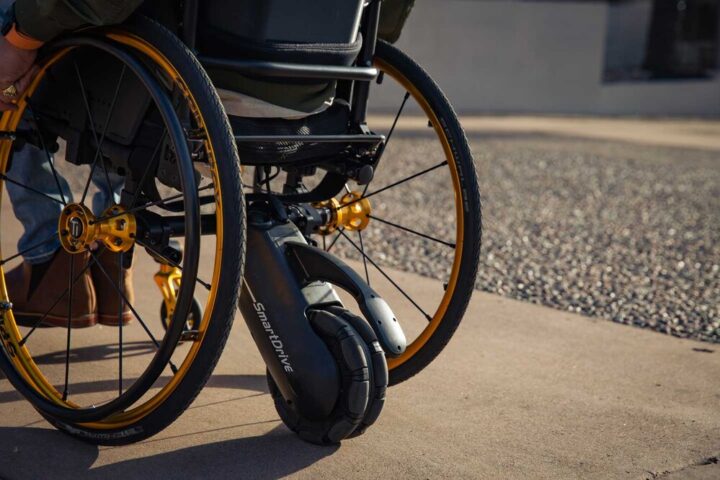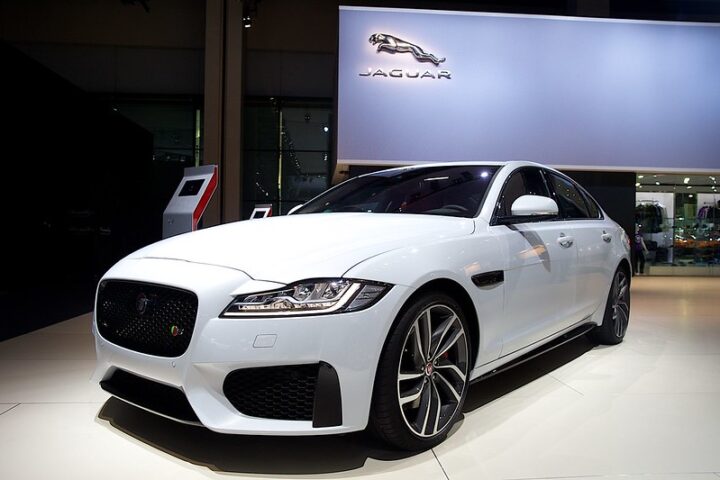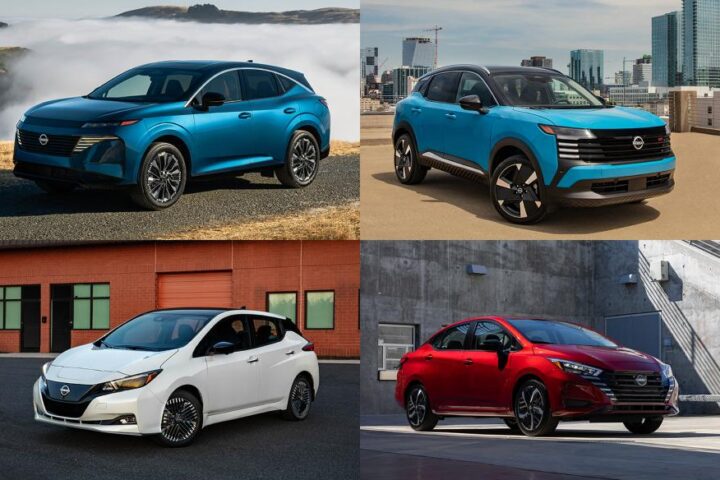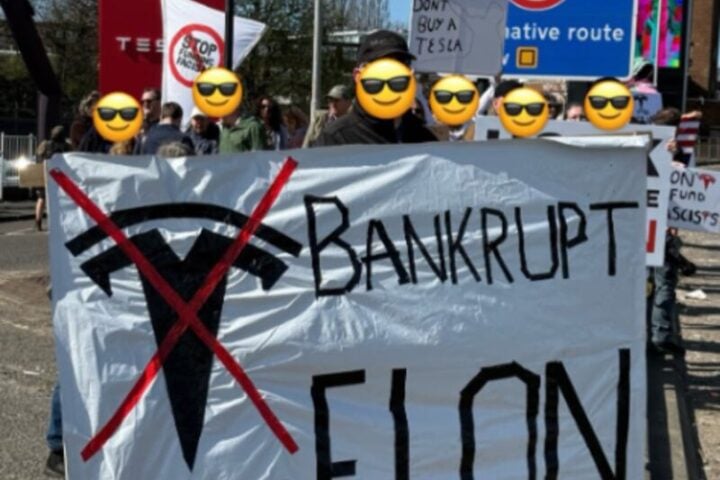Polestar, the electric car maker, is changing how it does business as the car market gets tougher. CEO Michael Lohscheller has a plan: make cars locally and launch new models that people can afford.
The company faces a big challenge in the U.S. – a 100% tax on cars made in China has forced them to raise prices. Their Polestar 2 car now costs $66,200, up $15,000 from last year. To solve this problem, they’re making more cars at their South Carolina factory.
“We need to manufacture locally here in the U.S.,” says Lohscheller. “It’s working well for us. We’re speeding up production of our Polestar 3 model here.”
The company wants to grow its sales by 30-35% and start making a profit by 2025. A big part of this plan is their new smaller SUV, the Polestar 7, coming in 2027. The compact SUV segment is the fastest-growing car type worldwide.
Polestar isn’t just about electric cars – they’re focusing on smart technology too. Their cars can get better over time through software updates, similar to how phones get new features. This makes them different from traditional car companies.
Similar Posts
They’re smart about where they make their cars: the Polestar 3 in South Carolina, Polestar 4 in South Korea, and soon, the Polestar 5 in Europe. This helps them avoid extra taxes and serve customers better in different countries.
The company’s keeping their popular Polestar 2 model, which has sold over 170,000 cars worldwide. “I think the Polestar 2 is a very successful car,” Lohscheller explains. “A lot of people like it, and a lot of people also move up from a Polestar 2 to a Polestar 4 or a Polestar 3.”

To save money and work faster, Polestar plans to streamline their platform architecture across models while maintaining unique designs, technology, and performance features for each car.
They’re also sticking with traditional car dealerships, unlike some other electric car companies. “Having dealers close to customers for service and support is important,” Lohscheller says. “Direct sales aren’t the only answer.”
